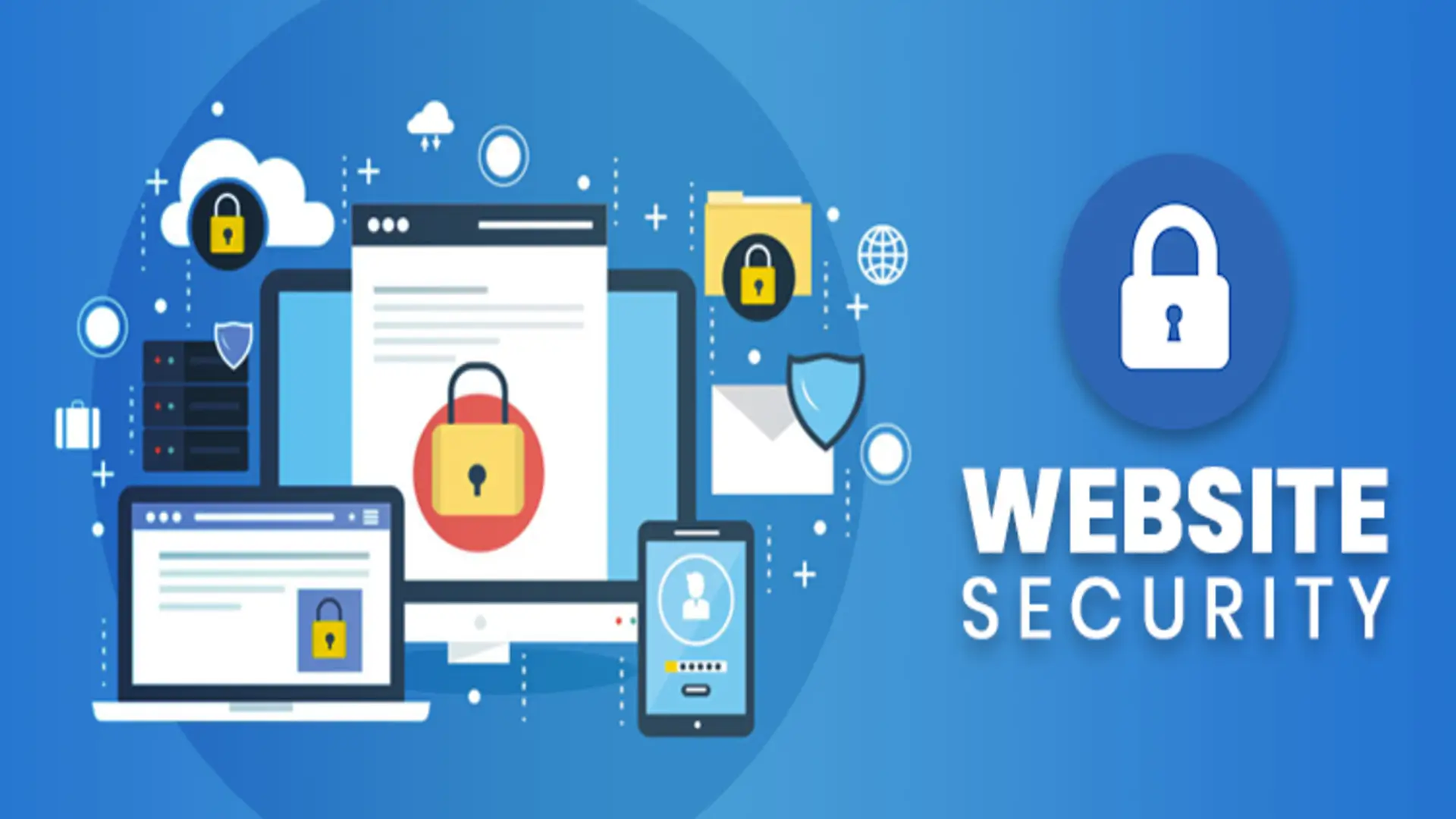In the digital era, we have websites for every product and service. There are many instances in which companies lose their valuable data due to malware practices. Hence, it has become an essential aspect to implement tips to improve our website security. Let us look at such tips together.
Regular Password Updation
In this hacking era, it is essential to implement a rigid password policy. A complex password saves the website from brute forces, which often decipher the passwords. Your password must contain an uppercase letter, a lowercase letter, numerals, and special characters. It must be a minimum of ten characters long. You can also use password generators for all the above functions. Kindly refrain from using personal data as a password, as it is easily decodable. A strong password boosts the site’s security and offers a non breach of content. Hence, it is crucial to update it at regular intervals.
SSL Certified Website
Once you have set the secure password, obtain a Secure Socket Layer(SSL) certificate. This certificate restricts the transfer of sensitive information like credit card, social security, and login credentials. You can determine whether a website has an SSL certificate through the padlock display before the URL. You can also add an HTTPS(Hypertext Transfer Protocol Secure) to prevent the interruption of the data during transit.
Content Management System
Content Management System(CMS) is a software application that creates and manages digital content. You can edit, author, and publish the content without specialized or technical knowledge. Some of the popular CMS include WordPress, Drupal, and Magento. A secure CMS ensures minimal security gaps and oversees program code. You can adjust user visibility, control comments, and permissions through CMS.
Update Plugins and Add-Ons
Installing plugins is the simplest way to secure your website. The auto-update feature for plugins keeps the site secure and prevents any vulnerabilities from getting exposed. The Easy Updates Manager Plugin in WordPress is the best plugin for site WordPress website protection. You must also make sure that your software is never out-of-date.
Restrict User Permissions
It is always advisable to avoid sharing passwords with everyone in the organization. Some team members do not follow the proper protocols and fail to change passwords, at regular intervals, which can be an issue. If someone uses a password generator, he might not want to share his password with others. In CMS software, there is an option to contribute as an editor, author, and administrator.
Anti-malware software
Malware can pose a serious threat to website security by harming user experience and lowering search engine rankings and consumer engagement. To prevent this from happening, you can install malware protection software like Bitdefender, Norton AntiVirus Plus, Kaspersky Antivirus, etc. You can also install a Web Application Firewall(WAF). WAF installs itself between the web server and data connection and reads all the data. It filters out spammers and other malicious bots.
Backing Up Website
Backing up your website is the best way to improve your website security. Always store your information outside the website and never on the same server as the website. You should always back up your website on a hard drive or a home computer. It allows your website data protection from hacks, viruses, and hardware failures. Some CMS have plugins that automatically backup your site and site database.
Selecting A Secure Host
It is essential to choose a reputable web hosting company that backups your data to a remote server to prevent hacking. It should provide the user with DDOS protection and necessary backups. Your host must have a secure hosting environment with up-to-date security patches. You can also take advantage of various hosting solutions available in the market, like GoDaddy, Blue host, Hostgator, and Turnkey Hosting.
Conclusion
These are some of the crucial tips to improve your website security. Websites are an important part of the e-commerce industry, and hence, it is essential to secure our website from hackers. All the above mentioned tips will aid in providing safety and security to your website. You can take care of these security measures through a web development software or employ a website developer. Employees must be aware of these security measures to protect their websites from malware.





